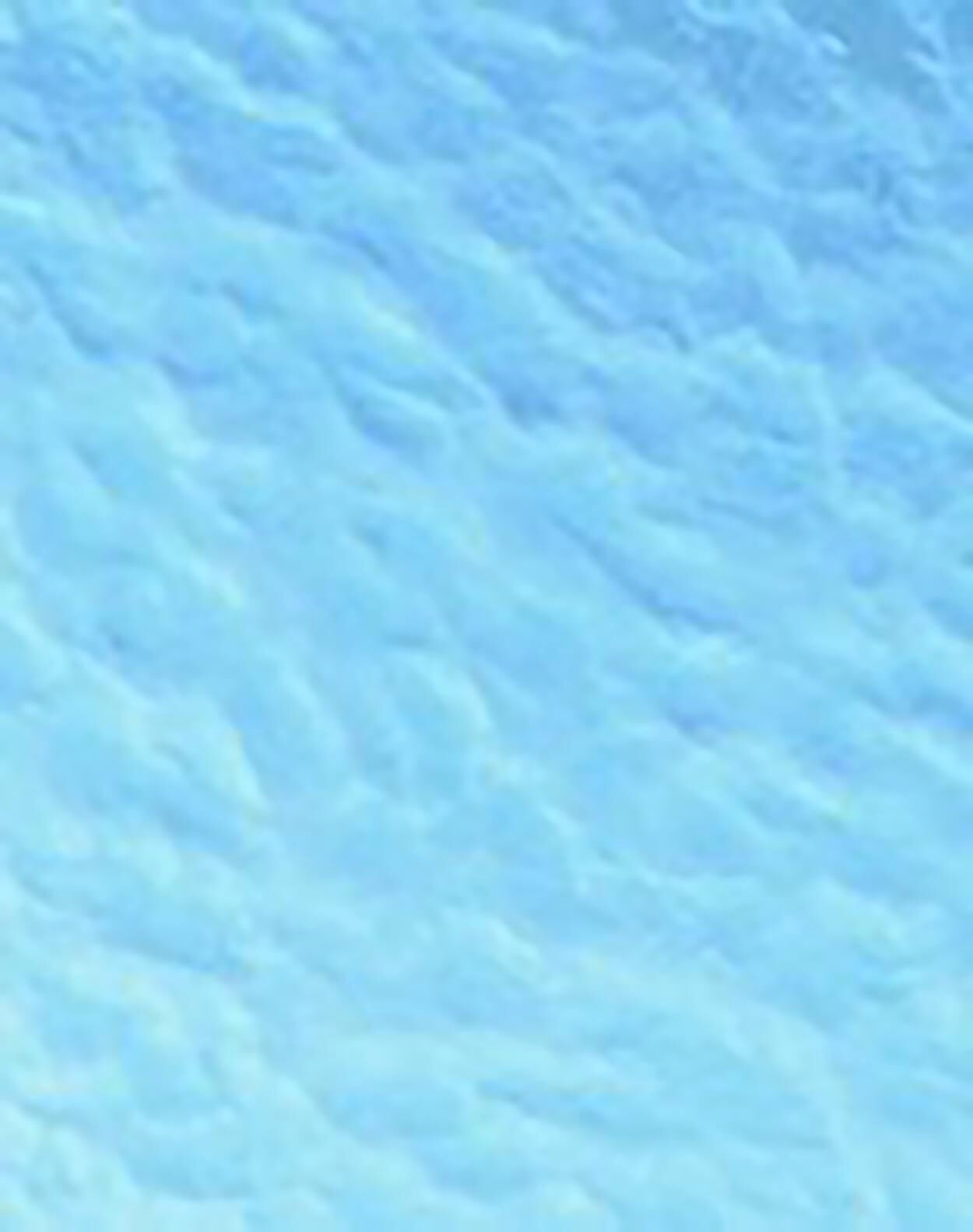
Eczema
Eczema, also known as dermatitis, is a common dermatologic condition that causes patches of skin to become inflamed, red, itchy, cracked and rough. Eczema affects both children and adults, and can appear anywhere on the body. Though it is not contagious, it can be physically uncomfortable and emotionally distressing, and can have a significant negative impact on your quality of life.
There are many types of eczema, each with different characteristics and triggers. Treatment focuses on managing symptoms and controlling flares through lifestyle changes, prescription medication and in-office treatments. At Northside Dermatology, our specialist dermatologists have extensive experience in all aspects of eczema prevention and treatment to help patients find a routine that works for them.
What Triggers Eczema?
Eczema is likely caused by both genetic and environmental factors. Common triggers include:
- Dry skin/impaired skin barrier function
- Heat
- Excessive friction on the skin
- Irritants (eg. wet wipes, soap, toners, exfoliating cream)
- Bacterial infection or overgrowth on the skin
- Environmental allergens (e.g. pollen, dust mites, pet dander, grasses)
- Stress
- Weather (particularly cold and dry climates)
- Viral illnesses
Eczema affects everyone differently. One person’s triggers might not be the same as another person’s triggers, and it may take time to identify yours thoroughly.
What Practical Advice Can You Give Me When I Have Eczema?
At-home care plays a critical role in eczema maintenance.
- Avoid drying agents and products that irritate your skin, such as certain soaps, detergents and skincare products.
- Use mild temperature water for showers and baths.
- Moisturise your skin liberally and often, particularly after bathing. Moisturisers can be applied to wet skin straight after a bath or shower.
- Use creams rather than lotions as moisturisers for better hydration.
- Avoid excessive heat when possible. Turn the heating down at home. Avoid electric blankets in winter.
- Wear soft clothing that does not cause friction against your skin.
- Wear clothing made of breathable materials.
- Take measures to reduce your exposure to household dust mites and other allergens.
- During a flare up, keep your fingernails short to reduce trauma from scratching.
- Only apply prescription creams to the affected area, not on healthy skin.
What Medical Treatment Is Available For Eczema?
Depending on the type and severity of your eczema, a specialist dermatologist may recommend combining practical lifestyle changes like those above with medical treatment.
Prescription options for managing eczema include steroid creams and non-steroidal anti-inflammatory creams applied topically to the affected skin.
For moderate to severe cases of eczema that do not respond to topical treatments, phototherapy or oral medication may be used. Phototherapy is an in-office treatment that involves exposing the skin to controlled amounts of ultraviolet (UV) light to reduce the body’s inflammatory response. Oral medications and injection treatment for eczema suppress the immune system, reducing its ability to send an inflammatory response to the skin.
Discover Your Eczema Treatment Options
Because eczema can take many forms, we recommend consulting with a professional to receive a personalised treatment plan that encompasses both immediate care and strategies for long-term management. Schedule an appointment with a consultant specialist dermatologists at Northside Dermatology by calling us on 03 8582 8688.
Contact Us
Hours of Operation
Monday - Friday, 9am-5pm
Phone Number
Fax Number
Emails
Medical Enquiries:
reception@northsidedermatology.com.auLaser & Cosmetic Enquiries:
cosmetic@northsidedermatology.com.au